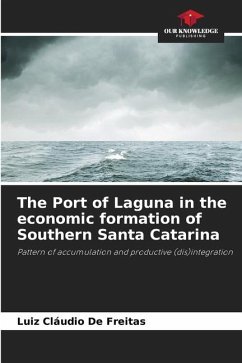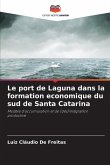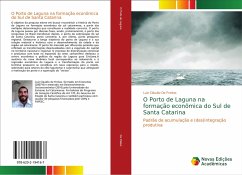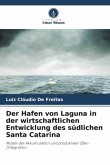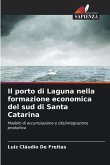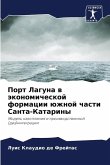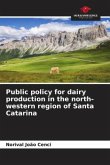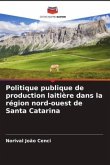The aim of the research was to reconstruct the history of the Port of Laguna in the economic formation of southern Santa Catarina, based on the multiple determinants that make up the concrete reality. The port of Laguna went through several phases, first as the port of the conquests in southern Brazil; then as the port for the colonization of southern Santa Catarina; as a coal port; and finally as a regional fishing port. We highlight the long history of the port of Laguna and its material and historical relationship with the development of the city and the southern region of Santa Catarina. The port was marked by different periods that reflected the transformations triggered by the expansion of capital in the national and regional territory. The process of commercial and productive diversification based on the expansion of the coal sector shifted the economic and political center of the region from Laguna to Criciúma. The absence of a new local dynamic corresponded to Laguna's isolation and economic regression, and the transformation of the port into a fishing terminal was a new hope for the city, especially for sectors of the Laguna and Santa Catarina elite who longed for the reactivation of the port and the overcoming of "backwardness".

